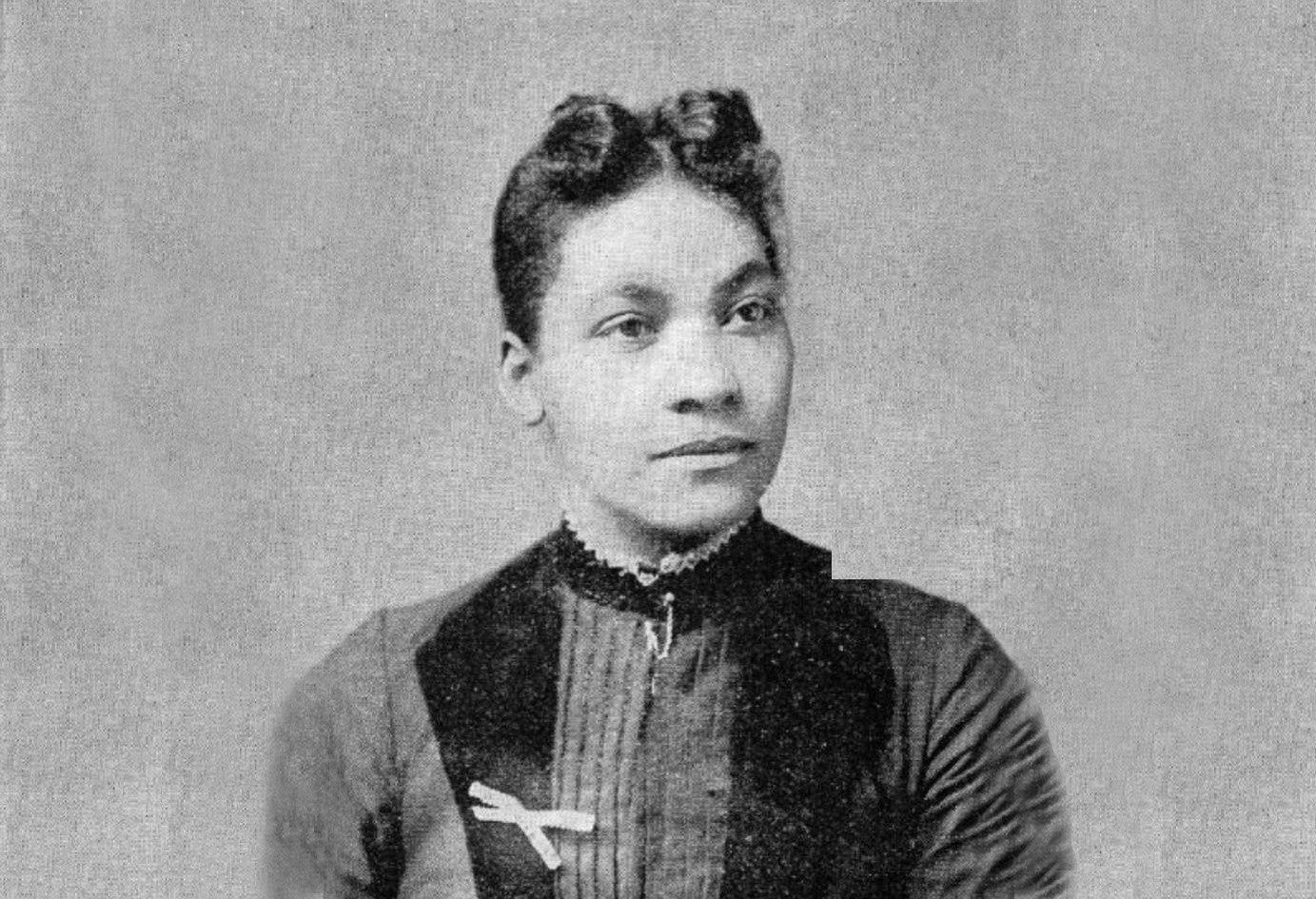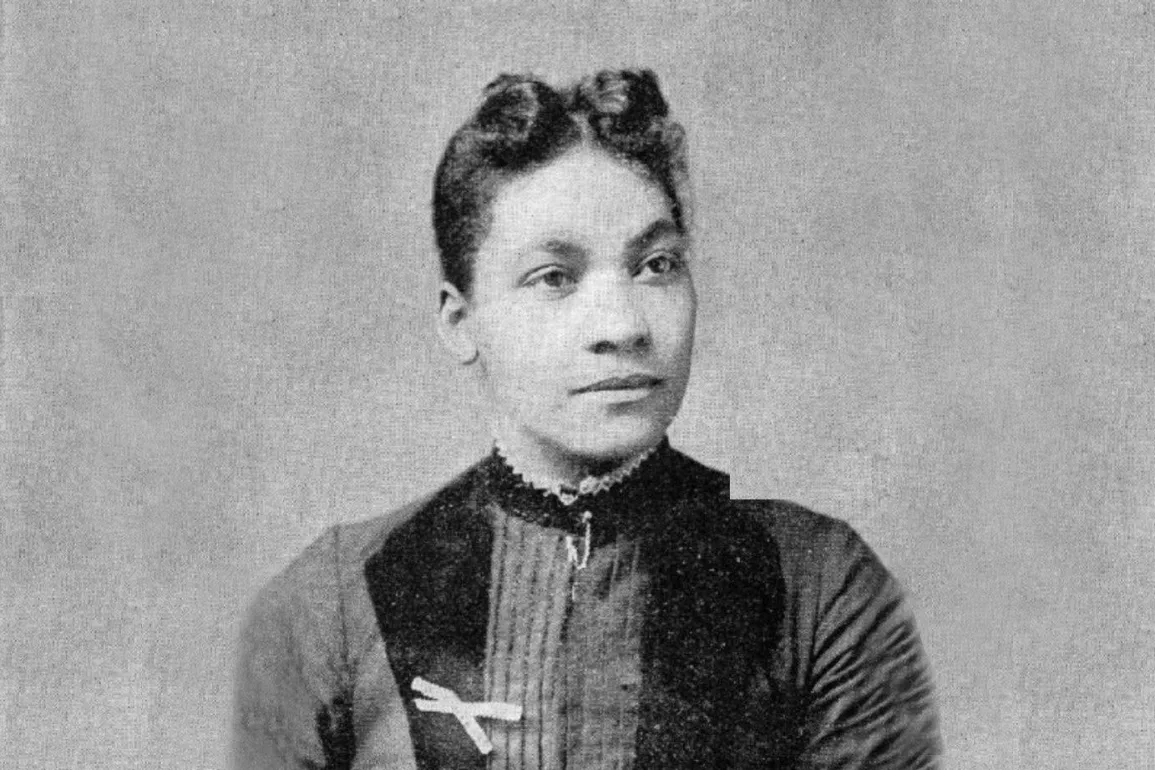
In 2024, there are only about 2% of Black women medical doctors in the United States. Back in 1860, that 2% didn’t even exist for Black women. However, Rebecca Lee Crumpler, the first Black woman to earn a medical degree in the United States, was a catalyst for change for our community and the public at large. As a true pioneer, she battled deep-seated prejudice against women and Black Americans in medicine. Crumpler was born in 1831 in Delaware to Absolum Davis and Matilda Webber. By 1852, she had moved to Charlestown, Massachusetts, where she worked as a nurse for the next eight years (because the first formal school for nursing only opened in 1873. Next in 1860, she was admitted to the New England Female Medical College, which later became the Boston University School of Medicine.
Upon her graduation in 1864, Crumpler made American history by becoming the first in the United States to earn an M.D. degree and the only Black woman to graduate from the New England Female Medical College, which merged with Boston University School of Medicine in 1873.
“It may be well to state here that, having been reared by a kind aunt in Pennsylvania, whose usefulness with the sick was continually sought, I early conceived a liking for, and sought every opportunity to relieve the sufferings of others. Later in life I devoted my time, when best I could, to nursing as a business, serving under different doctors for a period of eight years (from 1852 to 1860); most of the time at my adopted home in Charlestown, Middlesex County, Massachusetts. From these doctors I received letters commending me to the faculty of the New England Female Medical College, whence, four years afterward, I received the degree of doctress of medicine,” she wrote in her Book of Medical Discourses, published in 1883.
After obtaining her degree, Dr. Crumpler practiced in Boston before moving to Richmond, Virginia, after the Civil War ended in 1865. Richmond provided a popular breeding ground for real missionary work, and one that would present ample opportunities to become acquainted with the diseases of women and children. She once said, “During my stay there nearly every hour was improved in that sphere of labor. The last quarter of the year 1866, I was enabled . . . to have access each day to a very large number of the indigent, and others of different classes, in a population of over 30,000 colored.” Crumpler decided to join other black physicians caring for freed slaves who would otherwise have had no access to medical care, working with the Freedmen’s Bureau, and missionary and community groups, even though black physicians experienced intense racism working in the postwar South.
“At the close of my services in that city,” she explained, “I returned to my former home, Boston, where I entered into the work with renewed vigor, practicing outside, and receiving children in the house for treatment; regardless, in a measure, of remuneration.”
By 1880 she had moved to Hyde Park, Massachusetts, and was no longer in active practice. There, she published a book, Book of Medical Discourses based on her journal notes in practice over the years that provided medical advice for women and children. She passed away in 1895.


